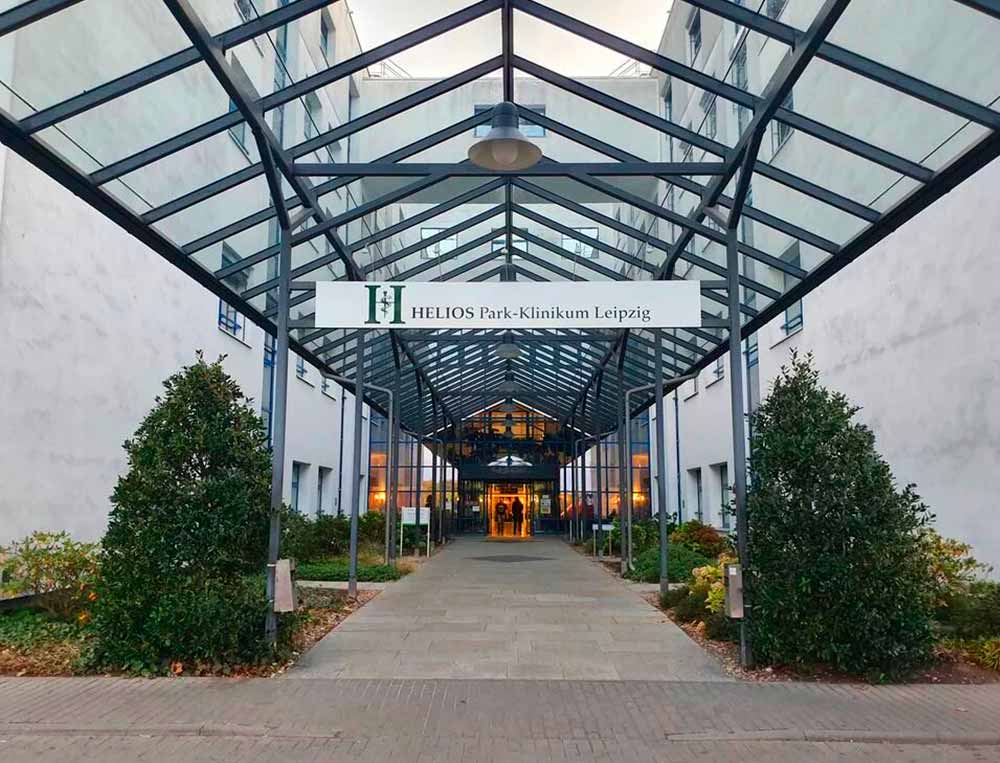Immuno-therapy has become among the most innovative means of treating cancer in recent years. Unlike chemotherapy and radiation therapy, which act upon cancer cells directly, immuno-therapy reawakens the human body’s own defenses. It gives these cells recognition again, allowing them to combat malignant growths that threaten us from within. Cancer patients now have choices they never had before thanks to these strategies; in particular, training the immune system to recognize cancer as an enemy has transformed the prospects of some patients who were quite unlucky in their time before these therapies became available.
But it’s still the case that not all forms of cancer respond in similar ways: researchers are exploring just which ailments are most sensitive to these interventions while also trying to discern why certain tumors resist. Patients and their families, knowing which cancers are responsive to immuno-therapy, can guide them on crucial decisions about their treatment.
Cancers Responsive to Immunotherapy
- Melanoma. Melanoma – one of the best cancers for immunotherapy – is melanoma, a form of skin cancer often resistant to conventional treatment once it spreads. Immune checkpoint inhibitors have radically improved survival rates. For many people, melanoma was the “proof of principle” by which it became clear that our body’s own defenses could indeed be turned against cancer.
- Lung Cancer. Non-small cell lung carcinoma (NSCLC) also shows striking responses to immuno-therapy. Now, in some genetic profiles, immunotherapy success rates are comparable to or even exceed those achieved using chemotherapy. More advanced stages have seen life prolonged by combinations of anti-checkpoint inhibitors and targeted therapies.
- Kidney Cancer. Renal cell carcinoma, traditionally hard to treat, has responded well to immunotherapies of late. Patients with metastatic disease now have significantly better outcomes; often they see help from immuno-therapy combined with other novel cancer treatment strategies.
- Lymphomas. Certain blood cancers, and particularly Hodgkin’s lymphoma, can benefit powerfully from immuno-therapy. Drugs blocking PD-1 checkpoints are producing remission rates that were beyond hope in previous instances of relapsed or resistant cases.
- Head and Neck Cancers. Some head and neck cancers are proving increasingly sensitive to immune-based therapies, especially those linked to viral infections like HPV. Any patient who used to have practically no hope now sees a road ahead.
Why Some Cancers Respond Better
Cancers with a high degree of genetic instability – meaning they carry many mutations – tend to respond best to immuno-therapy. The more mutations a tumor has, the more “foreign” it appears to the immune system, making it easier for the white blood cells to detect and attack. This is why melanomas, lung cancers, and some lymphomas are in the vanguard of response. Tumors linked to viruses also tend to be highly responsive, since the viral proteins act as additional warning signals to the immune system.
Limits and Ongoing Research
Not every patient benefits, even within known “responder” cancer types. Some tumors cloak themselves more effectively from the immune system, or else the immune cells themselves become exhausted. Scientists are hard at work, breaking through these barriers and pushing forward. Such strategies as combination therapy of immuno-therapy and chemotherapy or radiation; personalized vaccines, which train the immune system to recognize specific tumor markers; and CAR-T cell therapy involve engineering a patient’s own T cells to attack cancer cells with precision rather than using the shotgun approach. The field is advancing rapidly, with innovative cancer treatment trials now extending into cancers that were previously considered intractable.
Measuring Success
Immuno-therapy success rates are highly variable, depending upon the type of cancer, the actual mutations within the genes, the person’s overall health, and how advanced his cancer was when first diagnosed. Long-term remission for some patients, while for others, it lengthens life or improves quality of life. The unique thing is its potential for durable responses lasting years beyond treatment – something that has been rarely accomplished before with old methods.
Which cancers do not respond to immuno-therapy?
There are some: e.g., pancreatic cancer and certain types of prostate cancers generally show limited response; however, research is ongoing to find better strategies.
Which type of cancer has shown significant response to immuno-therapy?
Among these are melanoma, non-small cell lung cancer, Hodgkin’s disease, and renal cell carcinoma.
Who is the ideal patient for immuno-therapy?
Viscid and immune checkpoint markers are expressed in tumor cells; those with high mutational loads or undergoing viral infection elicit a better response.
Can immunotherapy beat stage 4 cancer?
Immuno-therapy doesn’t guarantee a cure, but it’s put a long-term end to some cancers. Stage 4 patients are living without symptoms and in good health, in particular those with melanoma and lung cancer.
What is next if immuno-therapy doesn’t work?
Possible options include targeted therapy, chemotherapy, selection of new medications on trial, or combination strategies to overcome drug resistance.











